“Why Is There A Blue Bridge Of Stars Across The Center Of This Galaxy Cluster? First And Foremost The

“Why is there a blue bridge of stars across the center of this galaxy cluster? First and foremost the cluster, designated SDSS J1531+3414, contains many large yellow elliptical galaxies. The cluster’s center, as pictured above by the Hubble Space Telescope, is surrounded by many unusual, thin, and curving blue filaments that are actually galaxies far in the distance whose images have become magnified and elongated by the gravitational lens effect of the massive cluster. More unusual, however, is a squiggly blue filament near the two large elliptical galaxies at the cluster center. Close inspection of the filament indicates that it is most likely a bridge created by tidal effects between the two merging central elliptical galaxies rather than a background galaxy with an image distorted by gravitational lensing. The knots in the bridge are condensation regions that glow blue from the light of massive young stars. The central cluster region will likely undergo continued study as its uniqueness makes it an interesting laboratory of star formation.”
via APOD/NASA; Image Credit: NASA, ESA, G. Tremblay (ESO) et al.; Acknowledgment: Hubble Heritage Team (STScI/AURA) - ESA/Hubble Collaboration
More Posts from Matthewjopdyke and Others

Four videos here. 1. Vesha's story (chill version) 2 & 3. Eliza's story (chill and the other rockin) 4. James' story (chill) Let me know what you think. There is a lot of behind the scenes artwork. Enjoy =) #scifiauthor #spaceopera #ebooks paperbacks #fantasy #astronomy #sciencefiction #pathwaytothestars #politicalsciencefiction #longevity #CRISPR #physiology #architect #neuroscience #physics #theoreticalphysics #biotechnology #nanotechnology #matthewjopdyke #philosophy #wellbeing #spacetravel #solarsystem #books https://www.instagram.com/p/B0c9BK0BAeZ/?igshid=1plgw1wv7lxj0
Facebook Pages, FTB Pathway Publications
Further than Before: Nutrition and Exercise
https://m.facebook.com/story.php?story_fbid=554438534895958&id=554434638229681&sfnsn=mo
Further than Before: Neuroscience
https://m.facebook.com/story.php?story_fbid=141476103086034&id=140572066509771&sfnsn=mo
Further than Before: Biotechnology
https://m.facebook.com/story.php?story_fbid=790945801088012&id=780295642153028&sfnsn=mo
Further than Before:…
View On WordPress
Pretty nice representation of Earth on through to the observable universe

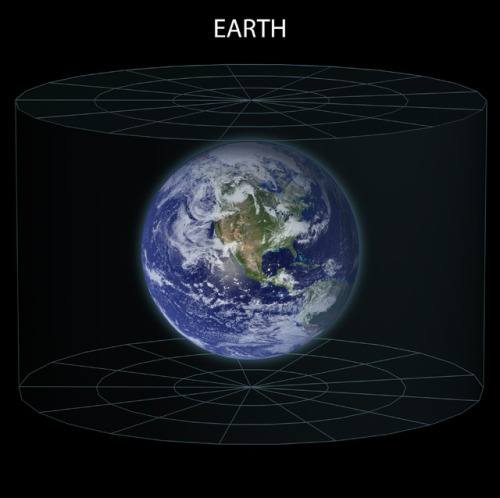
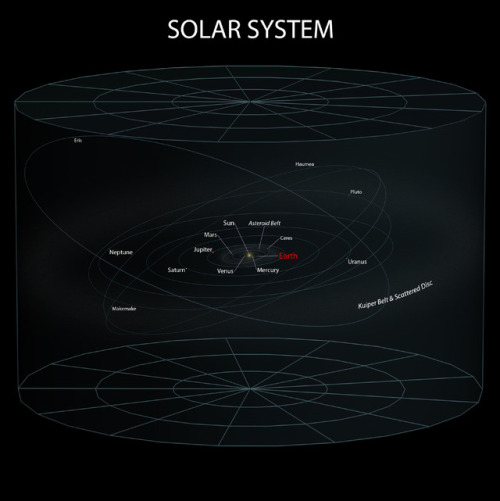
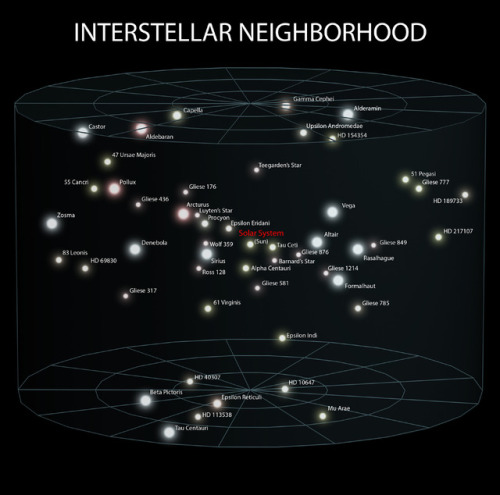
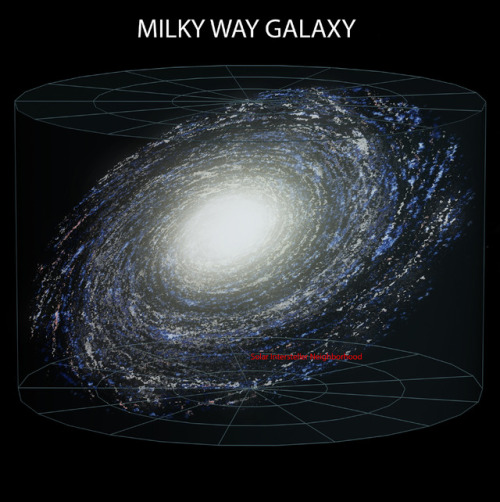
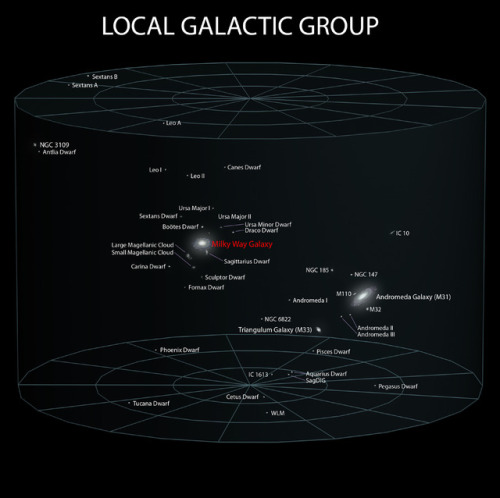
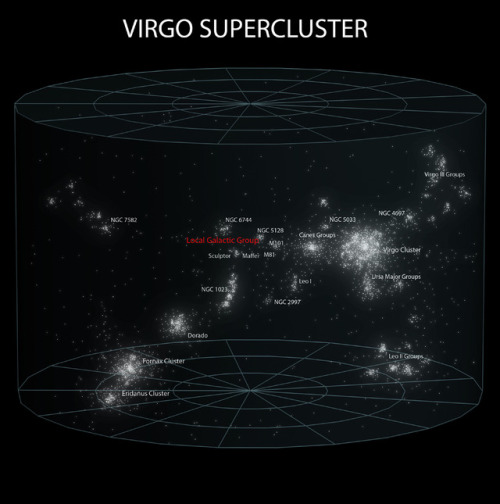
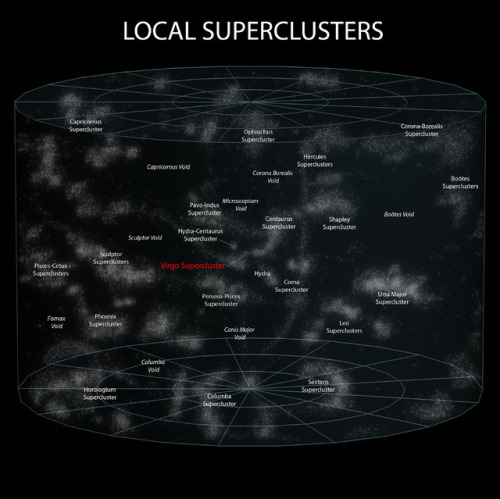
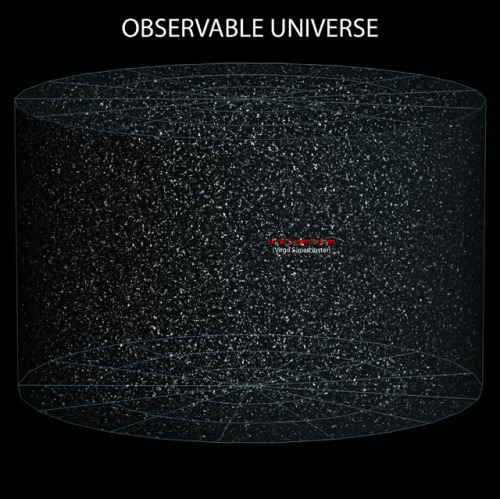
~ wikimedia commons

All three versions (chill, rock, orchestra) Further than Before: Pathway to the Stars, Part 1 -- Audible “Nature and humanity can be amazing, but likewise, it can be brutal. Brutality, as far too many know it, is unnecessary if we consider and implement one thing, innovation with purpose—a good purpose is brutality’s ideal replacement, and it comes minus unnecessary misery. It’s starting to become clear to me now what it is that we can do and how we can do it.” - Eliza Williams to Yesha Alevtina (Further than Before: Pathway to the Stars, Part 1) #books #sciencefictionbooks #SpaceOpera #scifi #ftbpathwaypublications #grahambessellieu #matthewjopdyke #politicalsciencefiction https://www.instagram.com/p/BxGfu74g5Vb/?igshid=16f1jd0ctbwq

Combined as one! Further than Before: Pathway to the Stars, Parts 1 & 2 in an 8.3 x 11.7 inch novel of 400K words that hit the intellect in the best and most sophisticated ways,... through #scifi #fantasy #mustread #physics #theoreticalphysics #spaceopera #strongfemalelead #strongmalerolemodel #physiology #neuroscience #nanotechnology #longevity #CRISPR and more! Enjoy! https://www.instagram.com/p/BsP4HEpn5eV/?utm_source=ig_tumblr_share&igshid=dntpo9632yjz









Space Is Full Of Planets, And Most Of Them Don’t Even Have Stars
“When we look at our Universe, where our own galaxy contains some 400 billion stars and there are some two trillion galaxies in the Universe, the realization that there are around ten planets for every star is mind-boggling. But if we look outside of solar systems, there are between 100 and 100,000 planets wandering through space for every single star that we can see. While a small percentage of them were ejected from solar systems of their own, the overwhelming majority have never known the warmth of a star at all. Many are gas giants, but still more are likely to be rocky and icy, with many of them containing all the ingredients needed for life. Perhaps, someday, they’ll get their chance. Until then, they’ll continue to travel, throughout the galaxy and throughout the Universe, vastly outnumbering the dizzying array of lights illuminating the cosmos.”
According to the International Astronomical Union, planets need to have enough mass to pull themselves into hydrostatic equilibrium, they need to orbit a star and not any other object, and they need to clear their orbits in a certain amount of cosmic time. But what do you call an object that would have been a planet, if only it were in orbit around a star, but instead wanders through the heavens alone, unbound to any larger masses? These rogue planets are surprisingly ubiquitous in our galaxy and beyond, and we expect that they’ll far outnumber not only the stars, but even the planets that are found orbiting stars. Where do these rogue worlds come from? A percentage of them are orphans, having been ejected from the solar system that they formed in, but the overwhelming majority ought to have never been part of a star system at all.
Come learn how even though space is full of planets, many containing the ingredients for life, most of them don’t even have stars to orbit to give them a chance.
I was curious about a closeup of Saturn's rings... nice!





52 of Cassini’s most beautiful postcards from the outer solar system
The spacecraft completely changed our view of Saturn and her moons
One of NASA’s greatest spacecraft will call it quits on September 15, 2017. The Cassini spacecraft has made countless discoveries during its sojourn to Saturn and its surrounding moons. It has also sent back nearly 400,000 images, many of which are purely spectacular, with surely more to come during the final months of the mission as Cassini explores new territory between Saturn and its rings.
In honor of the brave spacecraft, we spent hours sifting through the deluge of images to highlight some of Cassini’s best views from Saturn.
See all 52 ~ Popular Science
Image credits: NASA

All three versions (chill, rock, orchestra) ***** Further than Before: Pathway to the Stars, Part 1 -- Audible ***** “Nature and humanity can be amazing, but likewise, it can be brutal. Brutality, as far too many know it, is unnecessary if we consider and implement one thing, innovation with purpose—a good purpose is brutality’s ideal replacement, and it comes minus unnecessary misery. It’s starting to become clear to me now what it is that we can do and how we can do it.” - Eliza Williams to Yesha Alevtina (Further than Before: Pathway to the Stars, Part 1) ***** #books #sciencefictionbooks #SpaceOpera #scifi #ftbpathwaypublications #grahambessellieu #matthewjopdyke #politicalsciencefiction https://www.instagram.com/p/BxGgatnAtas/?igshid=1r6xgyjrd88m6
http://youtube.com/watch?v=pEYv6Biatw8&feature=youtu.be
New FTB Promo Video! Promo video put together by my wonderful spouse. Thank you, Kimmy! #FurtherthanBefore #PathwaytotheStars #ScifiFantasy #neuroscience#physics…

Jupiter and Saturn appear to the naked eye as a single star, dubbed the "Christmas Star," last seen 800 years ago. Viewed from my deck. 🤩 #christmasstar #jupitersaturnconjunction https://www.instagram.com/p/CJFbSF2rMPv/?igshid=tz61xuv73023
-
 whimsical-cloud reblogged this · 3 years ago
whimsical-cloud reblogged this · 3 years ago -
 yearsfield liked this · 4 years ago
yearsfield liked this · 4 years ago -
 azurecrucis liked this · 4 years ago
azurecrucis liked this · 4 years ago -
 enfanc liked this · 4 years ago
enfanc liked this · 4 years ago -
 s8urn liked this · 5 years ago
s8urn liked this · 5 years ago -
 flourishandmajesty reblogged this · 5 years ago
flourishandmajesty reblogged this · 5 years ago -
 tardigrade666 liked this · 6 years ago
tardigrade666 liked this · 6 years ago -
 cinturon-cadena liked this · 6 years ago
cinturon-cadena liked this · 6 years ago -
 mostafa18xl liked this · 6 years ago
mostafa18xl liked this · 6 years ago -
 gakittajp liked this · 6 years ago
gakittajp liked this · 6 years ago -
 hottreesinurarea liked this · 6 years ago
hottreesinurarea liked this · 6 years ago -
 michael-rocket liked this · 6 years ago
michael-rocket liked this · 6 years ago -
 yxcvbnm666 liked this · 6 years ago
yxcvbnm666 liked this · 6 years ago -
 i-am-simply-here liked this · 6 years ago
i-am-simply-here liked this · 6 years ago -
 juliahsmartins liked this · 6 years ago
juliahsmartins liked this · 6 years ago -
 sharkspaceengine liked this · 6 years ago
sharkspaceengine liked this · 6 years ago -
 decatx reblogged this · 6 years ago
decatx reblogged this · 6 years ago -
 the-deserts-rose liked this · 7 years ago
the-deserts-rose liked this · 7 years ago -
 running-from-god reblogged this · 7 years ago
running-from-god reblogged this · 7 years ago -
 theastronomyfreak liked this · 7 years ago
theastronomyfreak liked this · 7 years ago -
 learningtothink reblogged this · 7 years ago
learningtothink reblogged this · 7 years ago -
 tikerion reblogged this · 7 years ago
tikerion reblogged this · 7 years ago -
 kimcheeseburger reblogged this · 7 years ago
kimcheeseburger reblogged this · 7 years ago -
 amadarav liked this · 7 years ago
amadarav liked this · 7 years ago -
 the-mechanical-angel liked this · 7 years ago
the-mechanical-angel liked this · 7 years ago -
 agi-dyne liked this · 7 years ago
agi-dyne liked this · 7 years ago -
 sissygreta liked this · 7 years ago
sissygreta liked this · 7 years ago -
 firehair12000 reblogged this · 7 years ago
firehair12000 reblogged this · 7 years ago -
 departmentq liked this · 7 years ago
departmentq liked this · 7 years ago -
 hagsploitation420 reblogged this · 7 years ago
hagsploitation420 reblogged this · 7 years ago -
 overdoppler reblogged this · 7 years ago
overdoppler reblogged this · 7 years ago -
 larvasaxra liked this · 7 years ago
larvasaxra liked this · 7 years ago -
 cxmintern reblogged this · 7 years ago
cxmintern reblogged this · 7 years ago
